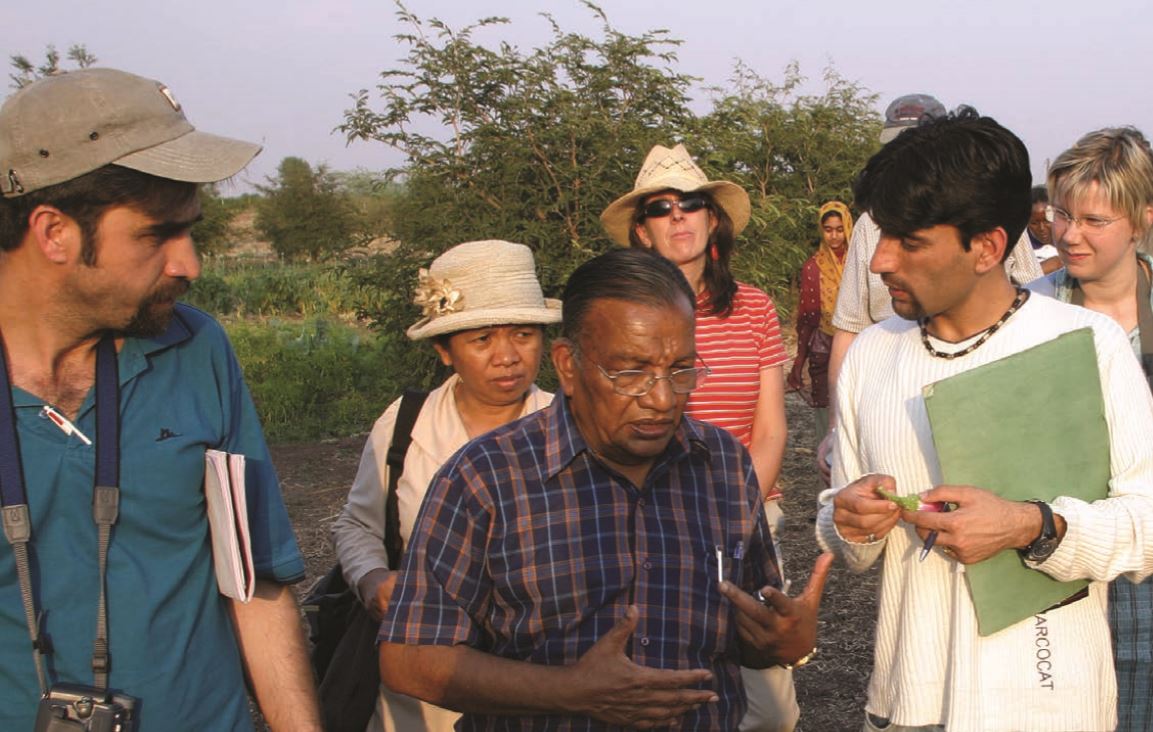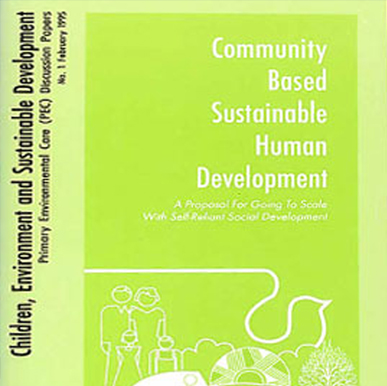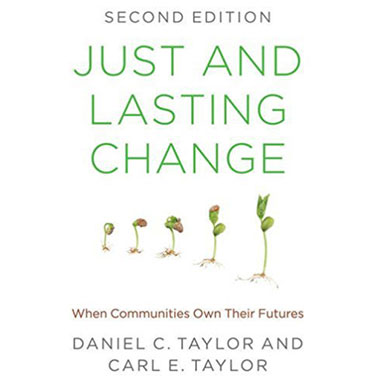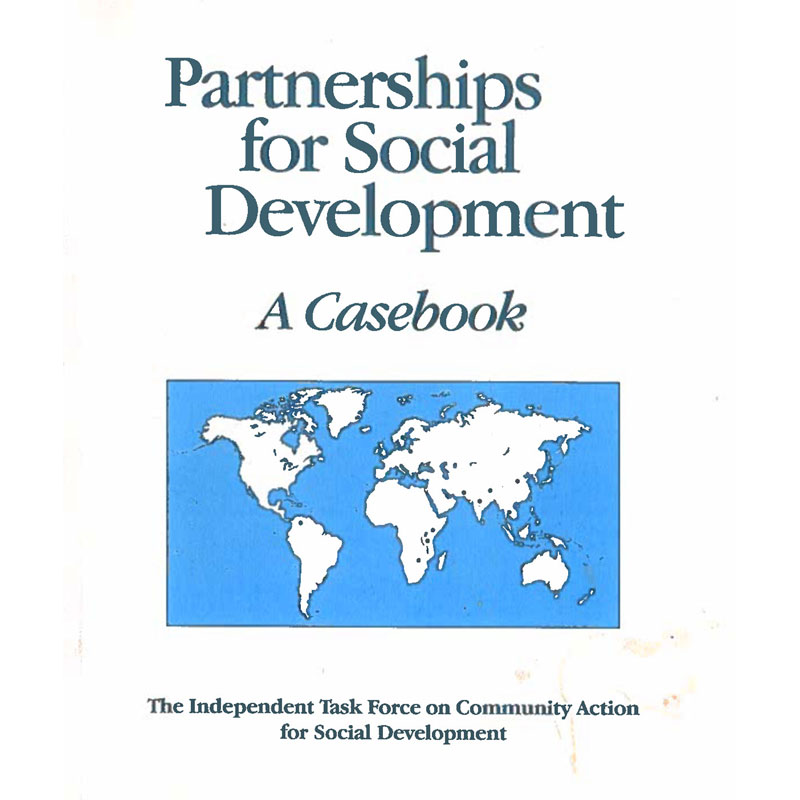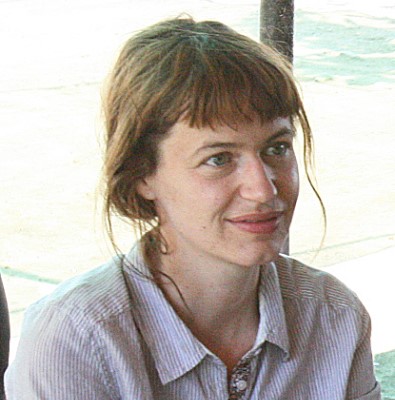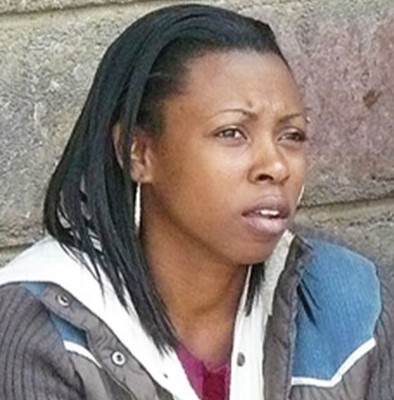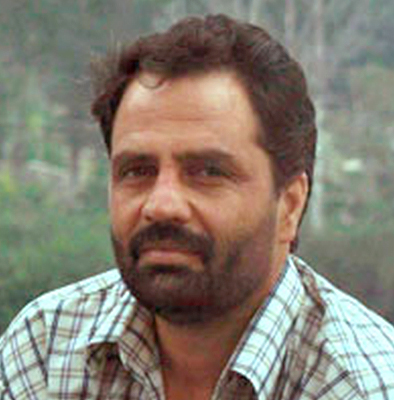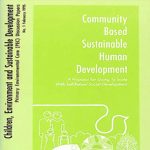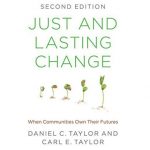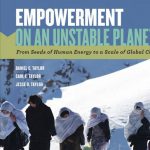Your life, your ideas, your feelings, what keeps you going is energy. Energy is making everything about you that is what you will be. SEED-SCALE teaches you how to grow this energy and the collective energies of your community so your lives improve. SEED-SCALE opens a way of thinking.
Perhaps you believe creating a better life requires money, that is not what SEED-SCALE asserts. With SEED-SCALE you are going to change how you think. If you understand that societies are built, while that is true for houses and roads, it is not for the relationships of people which are grown (or hurt). If you believe an expert is needed to solve a complex challenge, likely you miss the capacity possible of many people gathering to work through that challenge.
Learning SEED-SCALE you learn how, using the wealth of human energies, change can emerge from within your system. SEED-SCALE opens The How of growing a better life. It is implausible that a house with a leaky roof will on its own fix its leak. But a community on its own can fix a leak it is experiencing of people, money, or security. Living systems can learn, and it is learning more than anything else that makes their lives improve, a process of us growing into the world (nor the world helping us). SEED-SCALE is all about the energies of living and learning. When you know how to manage these, money, problems, global change … all can be made better.
SEED-SCALE is a new articulation of how communities grew into civilizations. Its legacy of success rises earlier than economic growth. It has produced more benefit for peoples than our history of exploiting Earth’s resources. SEED-SCALE allows anyone and every community to improve what is succeeding, gather people in partnerships, decide based on truth, and increase their well-being by improving behaviors.
SEED-SCALE began from an insight that turned inside-out an earlier perception previously taken as truth. The year was 1992, Jim Grant was Executive Director of UNICEF, and he had held that role for a dozen years during which, by vision & passion, he had driven the Child Survival Revolution to advance the most wide-reaching intervention to improve humanity’s quality of life. Twenty-five million lives were saved from when it began until Jim’s death in 1995, and tens of millions of lives continue to be saved. Jim was a powerful fund raiser; some of the world’s most skilled professionals were gathered in by his vision and passion.
But Jim realized in 1992, “sometimes projects go-to-scale, but not money invested nor people recruited reliably predict what will scale up or be sustained.” As he struggled with this, among other actions, he commissioned a task force to distill from proven tools and methods how to reliably scale up change. Jim had grown up in China, during which he saw his father work with the far-sighted Jimmy Yen and others to launch China-wide literacy, health, and livelihood action using a community-driven approach.
Knowing that Child Survival was basically mothers changing how they raised their children using scientifically-proven techniques, he wanted to know what Science said about changing societies. International aid had set a credo since The Marshall Plan: send money and experts.
Jim realized often scale change happened, it just did, no campaign, no big funding, no experts sent—what did scholarship say was The How-to-do-it? His task force was first based in the office of the researcher at Johns Hopkins University who had led the way-opening experimental trials for The Child Survival package (Carl E. Taylor). But, answers lay in communities. So, a community-centered organization was created, Future Generations, to look how to generate the future, driven by the scholarship.
SEED-SCALE synthesizes the scholarly literature. It draws on how business scales up as well as societal change, including Jim Grant’s childhood introduction to the work of Jimmy Yen. The pre-Marshall Plan evidence is important. Change efforts, then, centered on getting people to learn to change behaviors. Even the donor-driven work (such as Rockefeller and Carnegie Foundations) were not driven by giving money; they promoted learning.
The first SEED-SCALE statement is the 1995 UNICEF publication Community Based Sustainable Development. Jim Grant wrote the Foreword to that publication; they were the last words he wrote before his tragic death.



